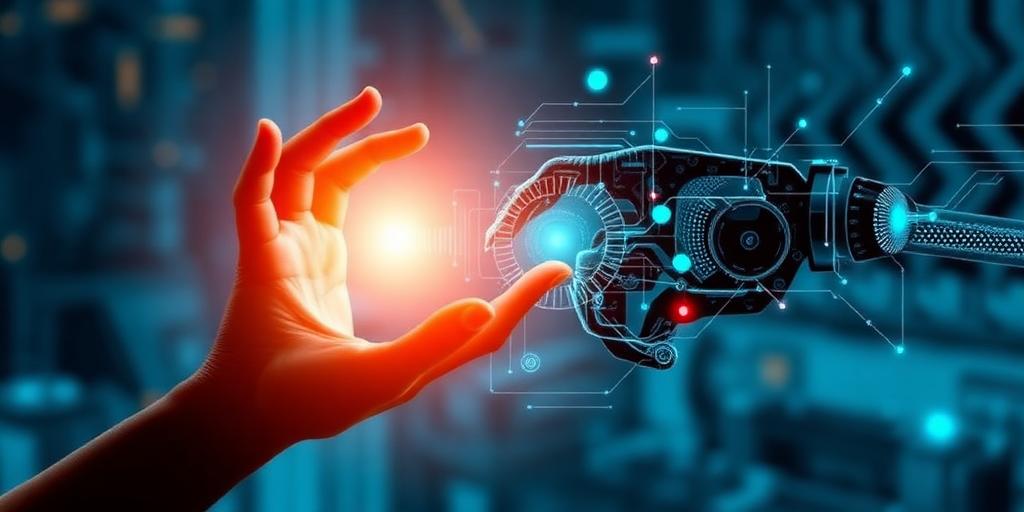Understanding the Relationship Between Humans and Machines
The relationship between humans and machines is increasingly complex and intertwined. From simple tools to sophisticated artificial intelligence, machines have always played a role in shaping human civilization. Today, as technology advances at an unprecedented rate, it's crucial to understand the dynamics of this relationship and its potential implications.
Historical Perspective
Throughout history, humans have used machines to enhance their capabilities and improve their lives. The invention of the wheel, the printing press, and the steam engine marked significant milestones in human progress. These machines extended our physical and cognitive abilities, allowing us to accomplish tasks that would have been impossible otherwise.
The Rise of Artificial Intelligence
The advent of artificial intelligence (AI) has added a new dimension to the human-machine relationship. AI-powered machines can now perform tasks that previously required human intelligence, such as image recognition, natural language processing, and decision-making. This has led to both excitement and apprehension about the future of work and the potential for machines to surpass human intelligence.
The Benefits of Human-Machine Collaboration
Despite concerns about job displacement and the potential risks of AI, there are also significant benefits to human-machine collaboration. By working together, humans and machines can leverage each other's strengths to achieve better outcomes. For example, in healthcare, AI can assist doctors in diagnosing diseases and developing personalized treatment plans. In manufacturing, robots can automate repetitive tasks, freeing up human workers to focus on more creative and strategic activities.
Ethical Considerations
As machines become more integrated into our lives, it's essential to address the ethical implications of this relationship. Issues such as bias in AI algorithms, data privacy, and the responsible use of autonomous systems need careful consideration. We must ensure that machines are developed and used in a way that aligns with human values and promotes the common good.
The Future of Human-Machine Interaction
The future of human-machine interaction is likely to involve even closer collaboration and integration. Technologies such as brain-computer interfaces and augmented reality could blur the lines between humans and machines, creating new possibilities for enhancing human capabilities and addressing complex challenges. However, it's crucial to approach these developments with caution and ensure that they are guided by ethical principles and a commitment to human well-being.
Long-Tail Keywords
- Human machine interface
- AI and human collaboration
- Ethics of artificial intelligence
- Future of human machine interaction









